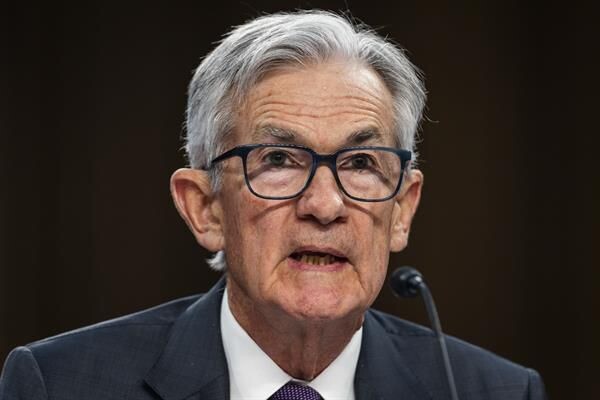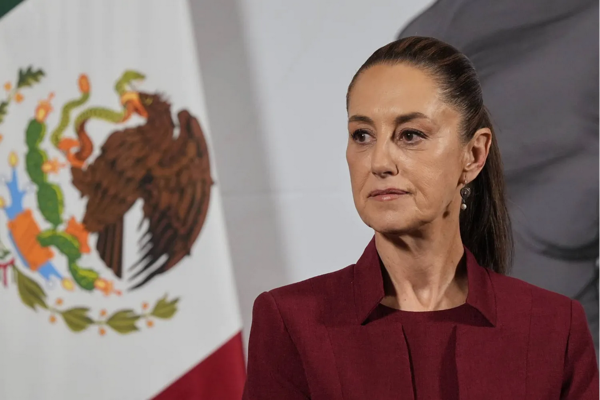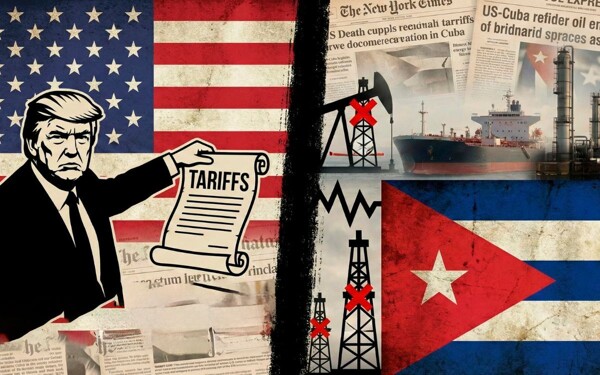
The Mexican leader, Claudia Sheinbaum, expressed her concern about the effects that tariffs imposed by the United States on Mexico and Canada will have during her morning conference. For its part, the White House decided to postpone the implementation of these tariffs on the automotive sector of both countries for one month, while the U.S. Secretary of Commerce has shown willingness to negotiate on this issue.
The Federal Reserve of the United States reported a moderate increase in prices in the country in recent months, but warned that these could rise even more due to the imposition of tariffs, which currently affect imports from Mexico, Canada, and China. In its report on economic outlook, the Fed indicated that economic activity had a slight increase, although the trade war promoted by President Donald Trump could negatively impact the U.S. economy.
The Beige Book indicates that possible tariffs on products could lead to a price increase, generating concern in different sectors of the economy. The main trading partners of the United States have responded with their own tariffs to the tariff decisions, with Mexico, Canada, and China being the most affected so far.
Trump has imposed tariffs of 25 percent on Mexico and Canada, plus an additional 10 percent on China, totaling 20 percent. This situation has generated trade tensions and concern in various economic sectors. The President of Mexico, Claudia Sheinbaum, announced that she will reveal measures in response to these actions on March 9.
In this context, leader Sheinbaum highlighted that the biggest victims of the tariffs imposed by the United States will be American consumers, who will face increases in the prices of various products. Sheinbaum believes that the damage this situation will cause to consumers is not being considered, as well as the halt in job creation.














